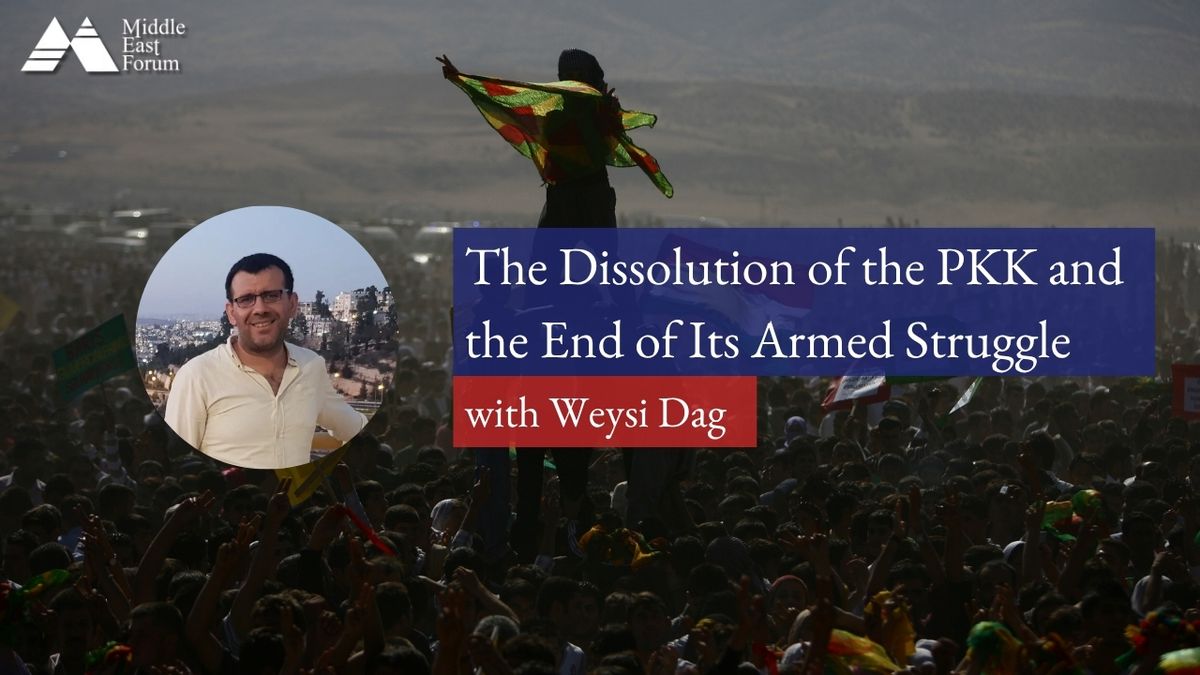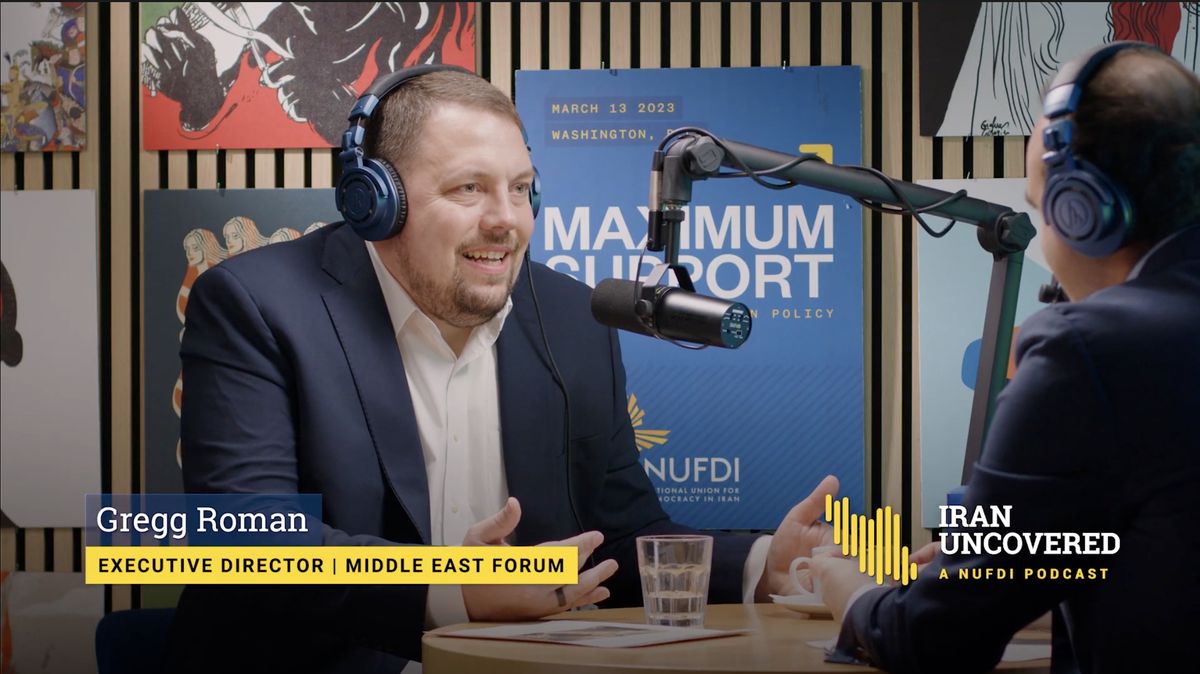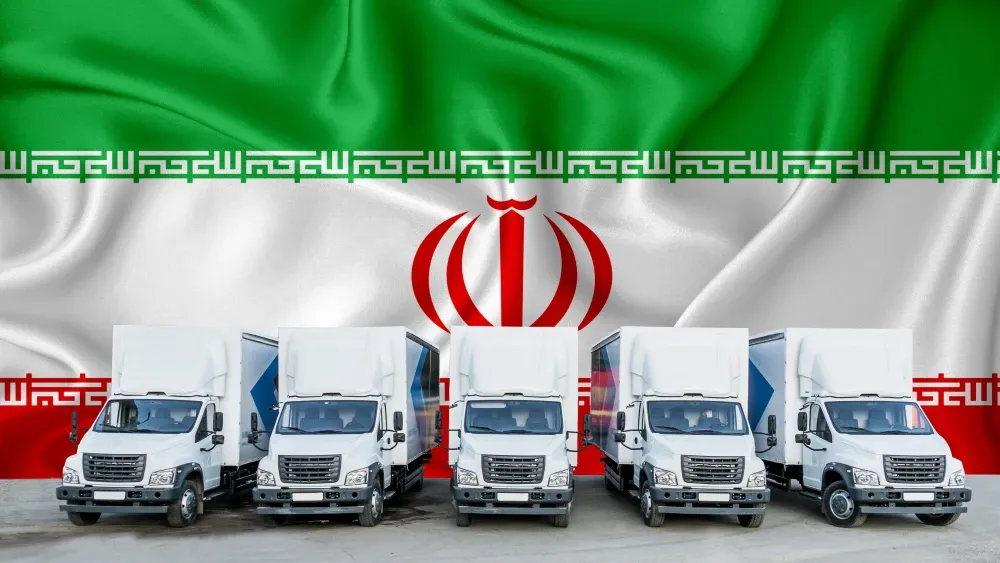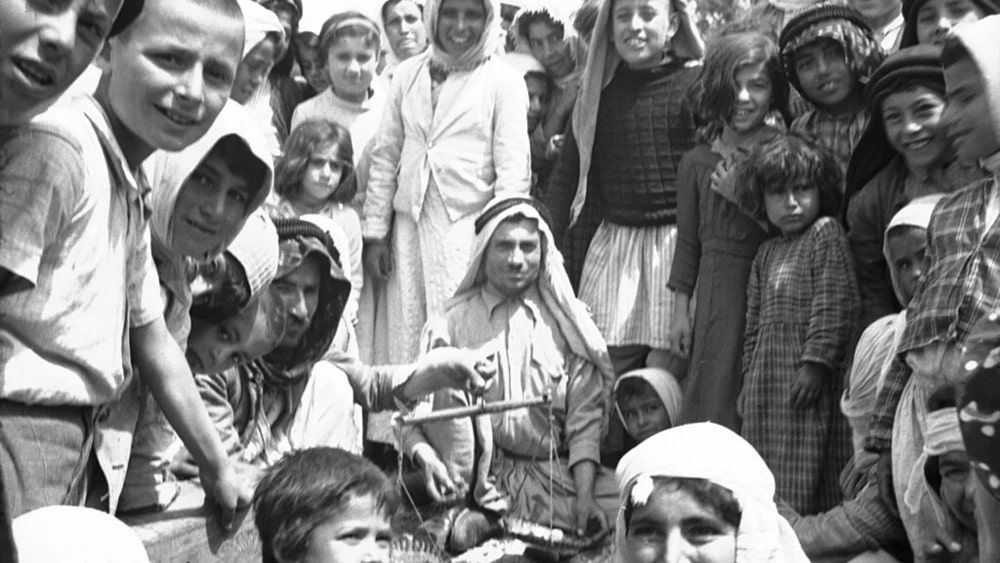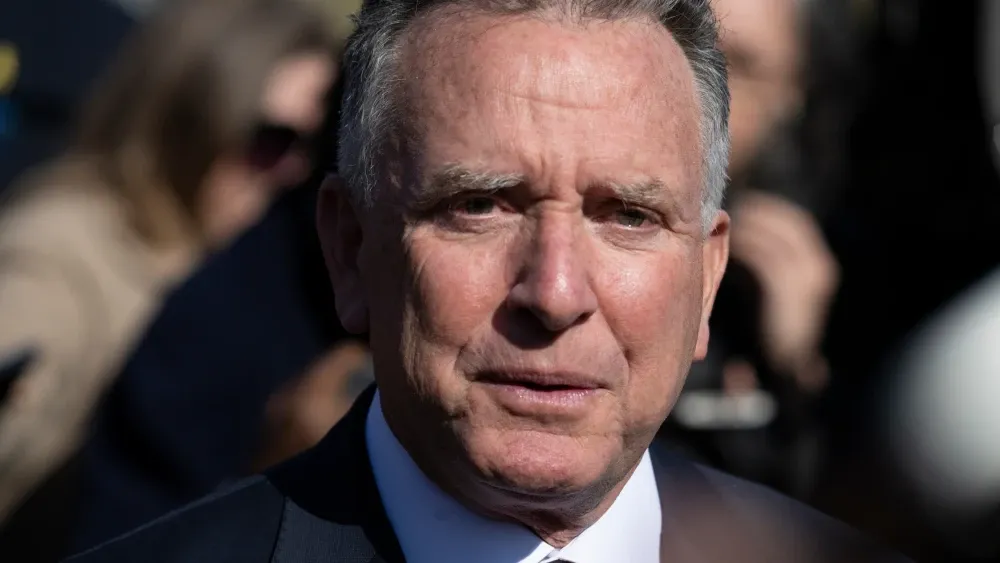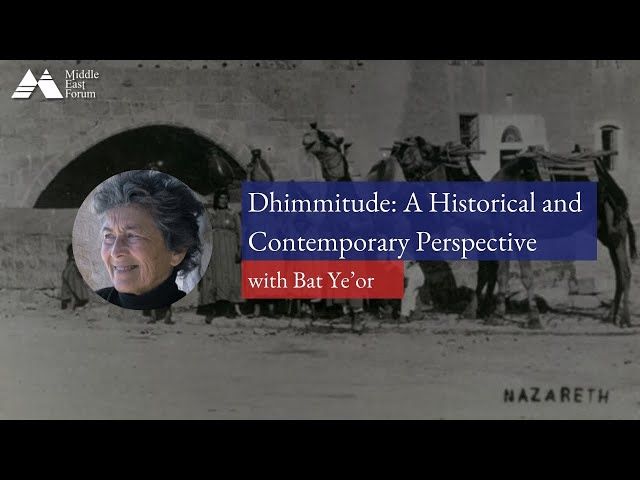| ||
 | ||
| Empowering Iran's Democratic Future; Striking Iranian Truckers Endanger Regime; 'Are You Alawite?'; Hamas & Witkoff By Winfield Myers ● Jun 04, 2025 Smart Brevity® count: 7.5 mins...1953 words Gregg Roman suggests a third way to approach Iran: neither appeasement nor war, but systematic support for Iranians’ democratic aspirations. Those are also helped by the ongoing strike by Iran’s truckers—a widespread revolt that could hasten the end of the regime, according to two articles featured below. In an article from the Summer 2025 Middle East Quarterly, Daniel Pipes analyzes the ongoing oppression of Syria’s Alawite minority. With some aid agencies already describing the slaughter of Alawites as “genocide,” Pipes asks if Western politicians will repeat their errors of the Rwandan genocide of 1994 plus Bosnia a few years later and “once again be content merely to apologize after the fact?” Jonathan Spyer explains why Hamas will not accept Steve Witkoff’s offer for a Gaza ceasefire. We end with a recent MEF Podcast featuring author Bat Ye’or, who provides a historical perspective on dhimmitude. She warns that Europe must reject wishful thinking and forcefully reject the demands by Muslim immigrants to impose Sharia if Europeans are to preserve stability and freedom. | ||
ICYMI: “The Dissolution of the PKK and the End of Its Armed Struggle” with Weysi DagThe Turkish state is currently engaged in an initiative to address the Kurdish question. This effort, marked by symbolic gestures like the recent handshake between ultranationalist leaders and pro-Kurdish MPs, PKK leader Abdullah Öcalan’s statements announcing the dissolution of his movement, and the PKK Congress confirming this, is unfolding amid shifting domestic and regional dynamics. This presentation will explore the context, conditions, and timing of this process, tracing the historical failures to solve the Kurdish–Turkish conflict, Turkey’s tight control over every facet of the current initiative, and its apparent focus on marginalizing Kurdish political voices rather than resolving the issue. Is Turkey genuinely seeking peace, or is it merely consolidating power at the expense of Kurdish aspirations? Dr. Weysi Dag is a research fellow in the department of international relations at the Hebrew University of Jerusalem. He is the author of The Construction of Kurdish Diaspora Communities and Identities: A Case Study of Kurdish Refugees in Berlin and London (Han-Verlag, 2012) and Voices of the Disenfranchised: Knowledge Production by Kurdish-Yezidi Refugees from Below (Macmillan, 2024). He has published his research in a wide range of academic journals and media outlets, including openDemocracy, The Conversation, the Jerusalem Post, the Times of Israel, and Jadaliyya. He holds a Ph.D. and diploma degree from the Free University of Berlin. To read the full article, click here. | ||
The Third Way: Empowering Iran’s Democratic FutureThe Islamic Republic of Iran stands at an inflection point as its nuclear threat escalates amidst crumbling domestic legitimacy, challenging U.S. policy. Why it matters: The conventional approach of military action or diplomatic appeasement is a false dichotomy.
Historical context: Misguided U.S. policies have historically misread Islamist movements, enabling Iran's subversive global network to thrive.
What's new: Current policies that echo Tehran's propaganda risk undermining American interests, allowing Iran's ambitions to advance unchecked.
The bottom line: Embracing and empowering Iran's democratic revolution is non-negotiable for regional peace and U.S. security.
To read the full article and watch the podcast, click here. | ||
Could Truckers’ Protest Push Iran into Regime Collapse?For more than two weeks, Iranian truck drivers have kept their engines off or left trailers half-open in solidarity, despite threats and arrests. Why it matters: The strikes highlight grievances beyond diesel pricing and insurance hikes, touching on wages, job security, and political repression.
Public and union support: Despite state narratives of foreign incitement, public backing grows.
What’s next: As the Trump administration seeks a nuclear deal, potential new U.S. sanctions could intensify the unrest, potentially leading to the regime's downfall.
To read the full article, click here. | ||
Truckers Resist Government Pressure in Growing Iran StrikeIranian truckers have initiated a nationwide strike, paralyzing the economy and defying a government that struggles to maintain control. Why it matters: This strike is a powerful demonstration against systemic corruption and inefficiency in Iran's state-run economy.
Global solidarity: The strike has reached over 150 cities, disrupting essential supply chains and highlighting the regime's fragility.
What’s next: Activists say that President Trump should support the Iranian people and not agree to release billions of dollars in frozen funds to the Islamic Republic, which is perhaps in its weakest position in 46 years.
To read the full article, click here. | ||
“Are You Alawite?”: A Call to Prevent Genocide in SyriaAs Sunni forces take control of Syria, over 3,000 Alawites were reportedly killed between March 6 and 10, 2025, highlighting their precarious position. Why it matters: The Alawites, once rulers but now targets, face extreme vulnerability amid Sunni retribution and systemic persecution.
Rise to power: After facing centuries of oppression, Alawites rose to power but become targets of Sunni vengeance following their recent overthrow.
Revenge against the Alawites:
International silence: Despite reports of mass killings and sectarian violence, the global response remains muted.
Call to action: Activists urge international intervention to prevent further atrocities and safeguard the Alawite community's future.
To read the full article in the Summer 2025 Middle East Quarterly, click here. | ||
Why Hamas Won’t Accept Witkoff’s Gaza Ceasefire OfferU.S. Envoy Steve Witkoff's proposal for a ceasefire and hostage exchange in Gaza has been effectively rejected by Hamas, highlighting the core dispute in the conflict. Why it matters: Hamas seeks Israeli withdrawal from Gaza while ensuring it can reorganize its forces, rejecting any deal that weakens its strategic position.
Conflict dynamics: While portraying its campaign as an attempt to destroy Hamas capacities, Israel in fact sought to apply military pressure on the terror group to soften its stance in the hostage negotiations.
What’s next: The war between Israel and Hamas should properly be understood as a contest between societies and systems, rather than between armed forces.
To read the full article, click here. | ||
Bat Ye’or on Dhimmitude: A Historical and Contemporary PerspectiveBat Ye’or explains "dhimmitude," where non-Muslims under Islamic rule face subjugation as jihad aims to impose Sharia—Islamic law—globally. Why it matters: The atrocities by Hamas in Israel are not isolated incidents, but part of a larger jihadist ideology that seeks to extend Sharia's reach worldwide.
Cultural invasion: Europe is witnessing jihad's cultural encroachment, as Islamic blasphemy laws and alliances with various anti-Christian factions undermine Western values.
Urgent action needed: As Europe grapples with integration challenges and extremist ideologies, it must confront these threats head-on.
To watch the video and read a summary, click here. | ||
Further Reading: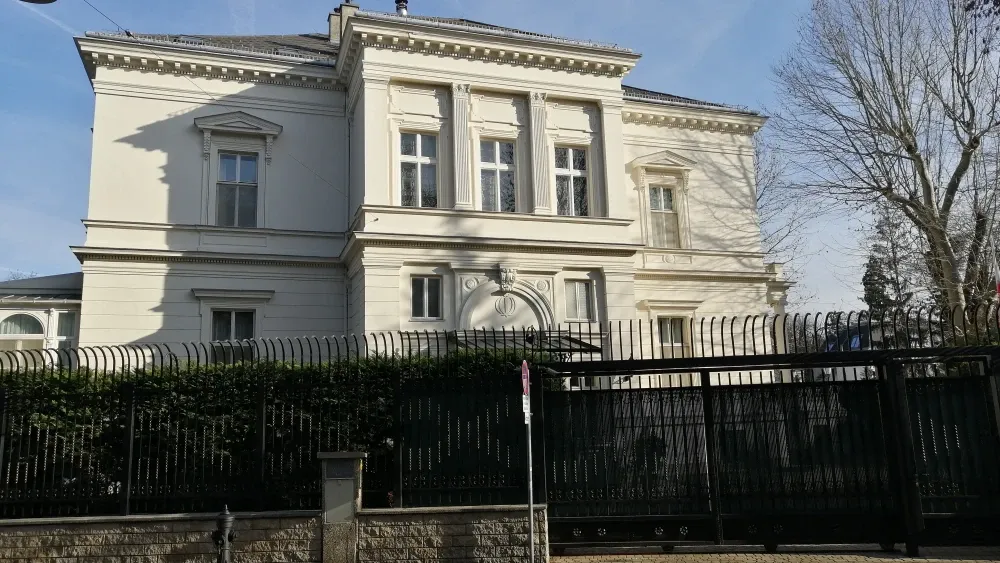
| ||
| We hope you enjoyed this issue of the Dispatch. If you found it helpful in understanding the Middle East and Islamism, please share it with a friend, encourage them to subscribe to the Middle East Forum’s mailing list, and feel free to share your feedback with us. Another issue will land in your inbox soon. Thank you, Winfield Myers | ||
| Was this edition useful? Your email will be recorded and shared with the sender | ||
| Powered by | ||
| ||

